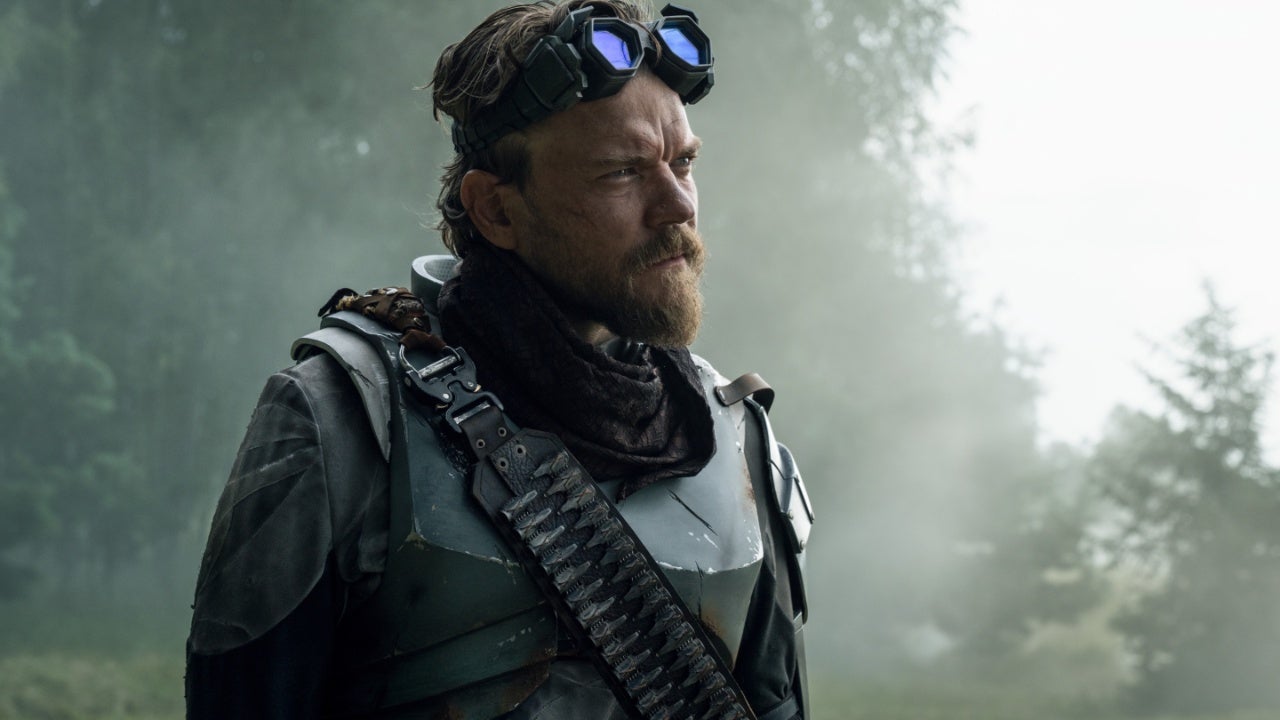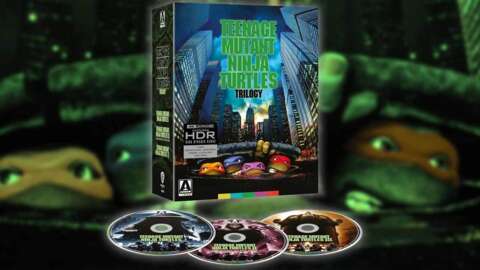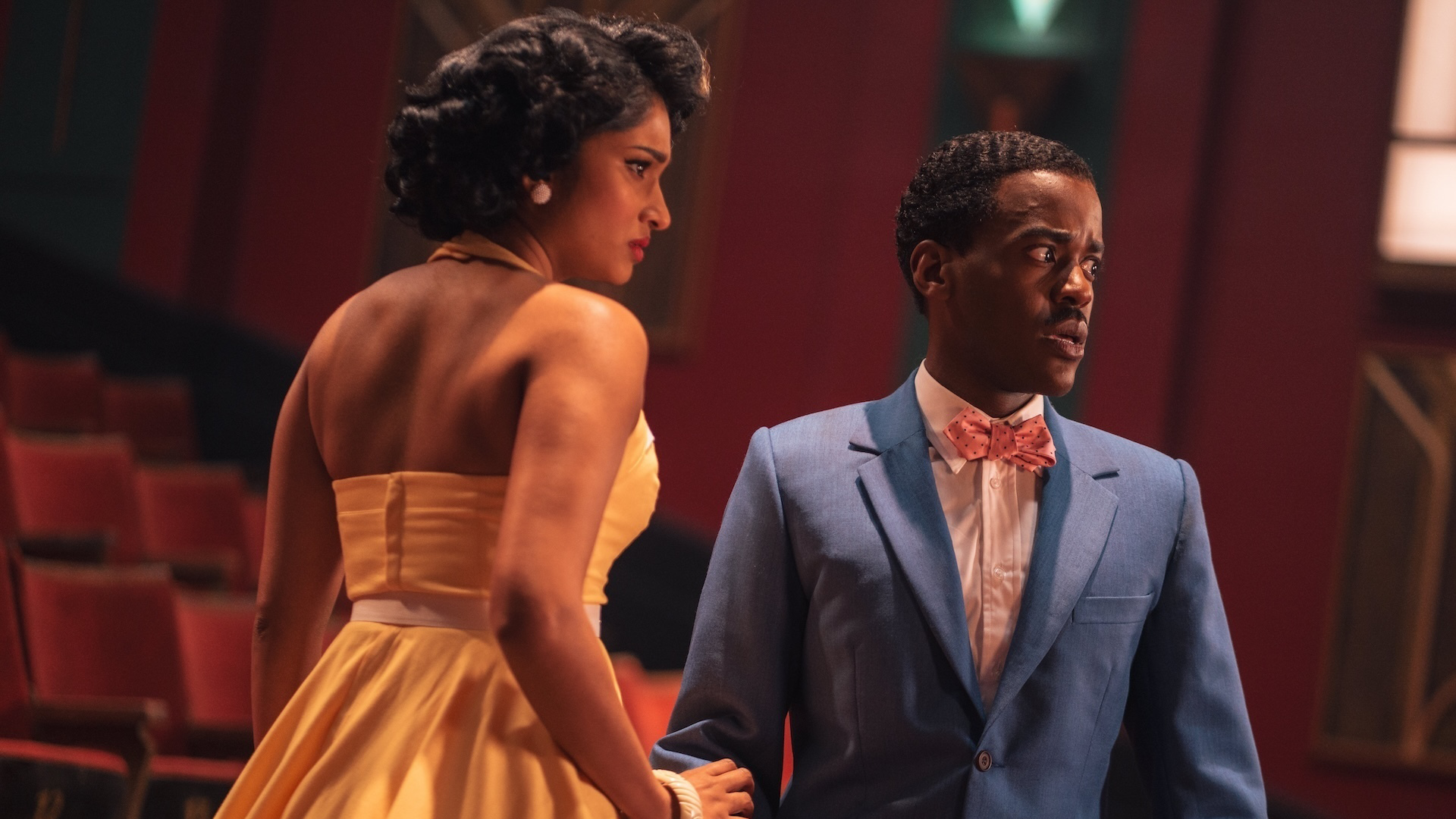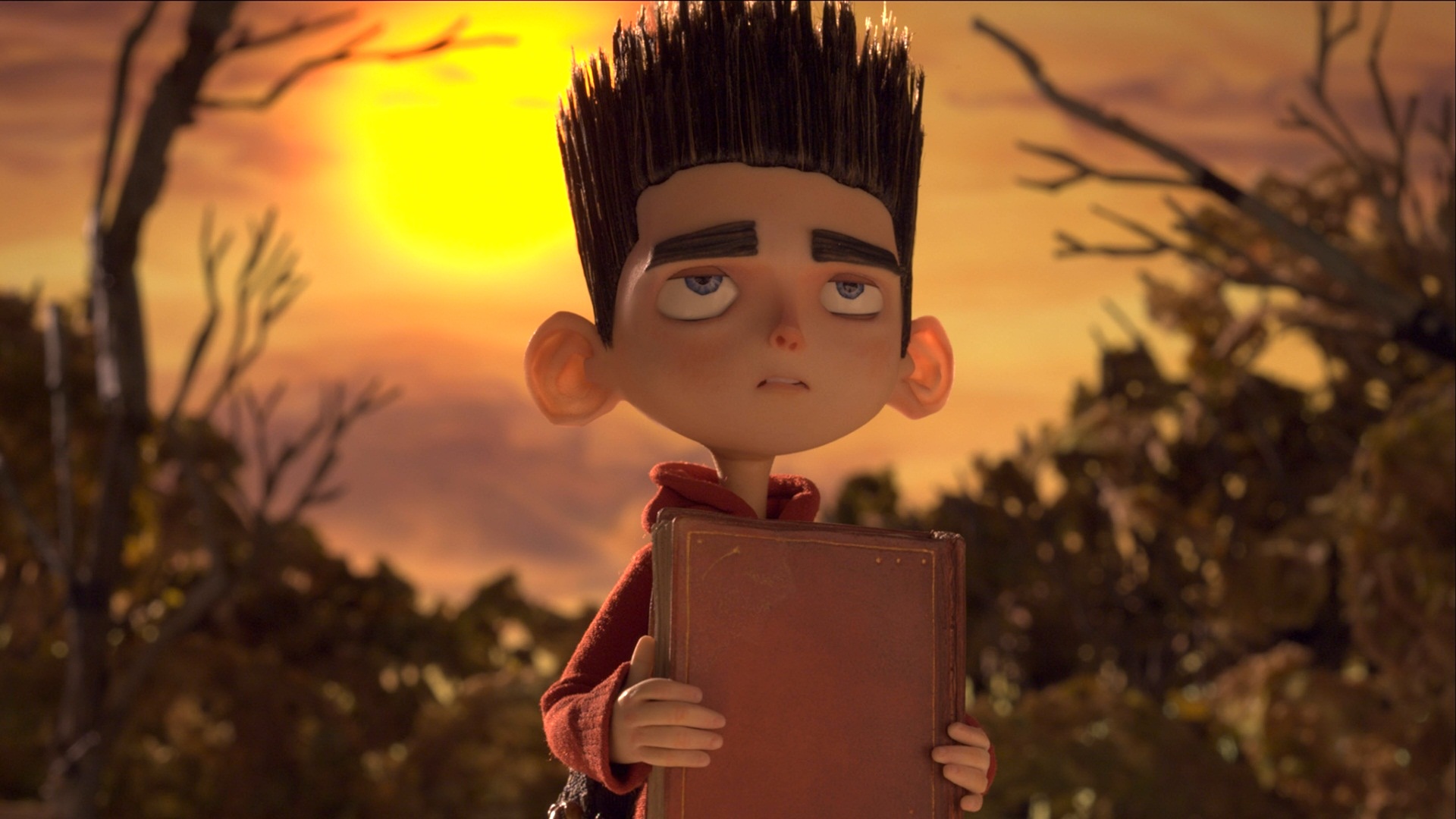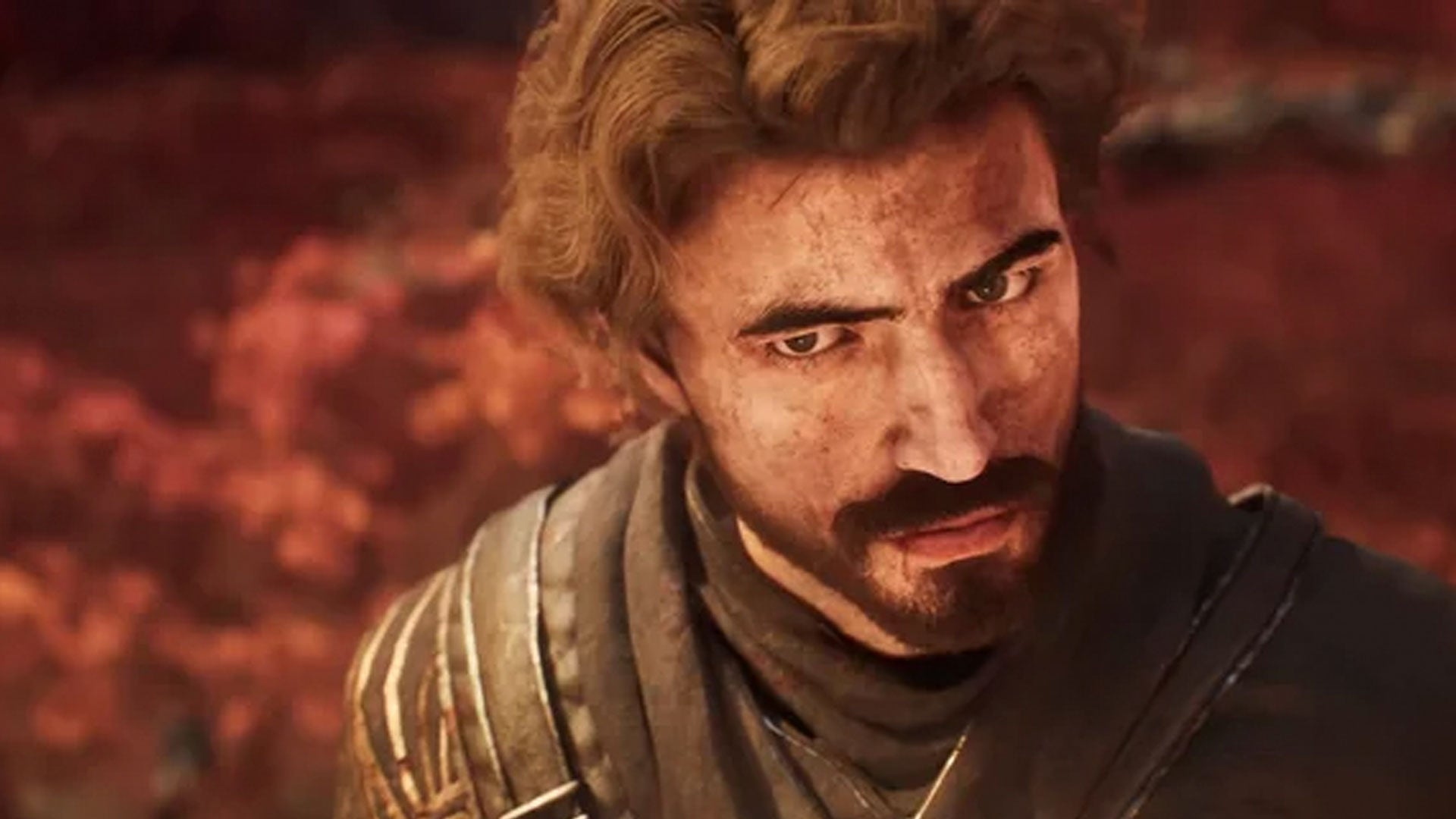
Episode 1 of Foundation season 3 is now streaming on Apple TV+. New episodes premiere on Fridays through September 12.
Taking in the epic scope of a supposedly “unadaptable” literary masterpiece and showing us all the cool stuff the books could only describe – this is Foundation’s bread and butter. Like Denis Villeneuve’s Dune movies, the Apple TV+ series makes its source material digestible for a wider audience by filtering the essence of the work – a love of science and a focus on the impact and flow of history – through a unique vision. And, in the process, it’s reserved its own spot in the pantheon of epic science fiction. In season 3, we get what this version of Foundation was always building to: a blockbuster-sized, galaxy-spanning story with fantastic action, stunning visuals, and a singular threat that serves as a focal point for plotlines that are scattered across different worlds and millennia.
That threat would be The Mule (Pilou Asbæk), the planet conquering mutant who was teased in season 2, but arrives in full force in season 3. He’s an ever-present, highly visible menace here – much more than the late-stage plot-twist role he serves in Isaac Asimov’s Foundation novels. But that doesn't mean the character has a diminished capacity for surprise: Asbæk gives what could easily be a one-note character plenty of personality, changing the character's mannerisms and motivations seemingly every episode to keep him mysterious to everyone, even when you think he's being open about who he really is. At times The Mule is Foundation’s equivalent of the Joker, at others he's Napoleon, or even Paul Atreides. Asbæk is great in the role and quite fun to watch bringing the same swashbuckling air of danger that he previously lent to Game of Thrones.
All that, plus he touches every storyline and character in season 3, even if they’re not fully aware of it at first. Take the Cleons, for example, who face an unprecedented existential crisis in these episodes. The genetic tampering of generations past, together with Demerzel’s (Laura Birn) micro-management of their lives to ensure the best future outcome, has fully eradicated any notion that Dawn (Cassian Bilton), Dusk (Terrence Mann) and Day (Lee Pace) are one and the same man.
Pace is the highlight of the season – a continued delight as Cleon XXIV goes through his Big Lebowski era. He lets his hair grow wild, sports an unruly beard, and spends his time far away from the politics of the crumbling Galactic Empire, choosing instead to get high, gamble on card games with his guards, and clone long-extinct animals for the garden palace he shares with the concubine he's caught feelings for. Pace is clearly having the time of his life in the role, and he’s a welcome respite from how plot-heavy things get elsewhere on the capital planet of Trantor-based story (and how lore-heavy Demerzel’s corner of season 3 gets). Day remains self-centered as ever, and he doesn’t care about anything but his own amusement, but he does experience surprising character growth that leads to the best arc of he season.
Although it presents a lot of information to sift through, Foundation’s take on Demerzel remains the biggest surprise and joy of following this show. Birn does a spectacular job portraying the immortal robot’s identity crisis: If the end of the Cleon dynasty is finally at hand, that means she can consider a future free of her programming. But is such a future even possible? And what is she without her programming? That clash between the desire for freedom and the genuine love within her servitude/programming is the crux of the character, and it's never been as prominent as it is this season. It places the robot at the center of the Empire’s story – and with it, the entire history of Foundation – in a way that makes the scope of the show even bigger and its story more complex.
Foundation has always been a visually impressive show, but season 3 takes it to a new level, with a stunning mix of practical sets and impressive VFX, bringing vast and varied worlds to life, while also staging action sequences worthy of a blockbuster feature. Through these visuals, we see how important the passage of time has become to this story – in the shrinking of the Empire and the growth of Foundation, but also in the worlds themselves. Ignis, home of the secret Second Foundation, changes and flourishes, while Trantor, where the lack of change is part of the illusion of the Empire's power, receives some subtle alterations.
Keeping this all from being too dense or heavy-handed, Foundation still manages to bring in some weirdness and fun in its stories. This is particularly true of the Mallows, specifically Toran (Cody Fern) and Bayta (Synnøve Karlsen), a rich influencer couple who feel like they’re on an entirely different show (in a good way). Their story becomes not just funny, but even heartwarming when their paths cross that of a jester named Magnifico Giganticus (Tómas Lemarquis), a guy who plays a Visi-sonor that not only plays sound, but visuals too. The way the show brings that instrument to life is inventive and makes me wish Villeneuve had attempted something slightly more sci-fi with the baliset in Dune.
